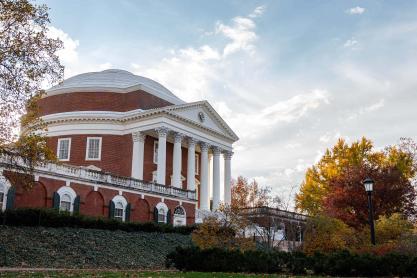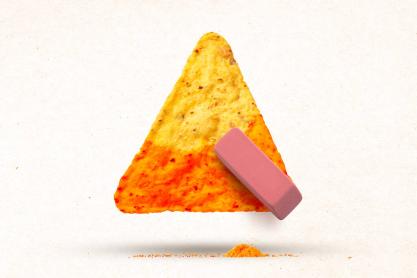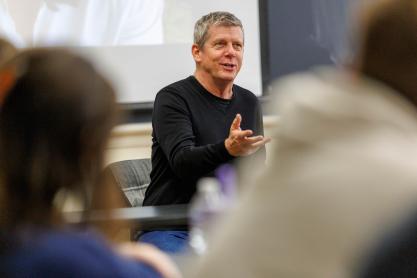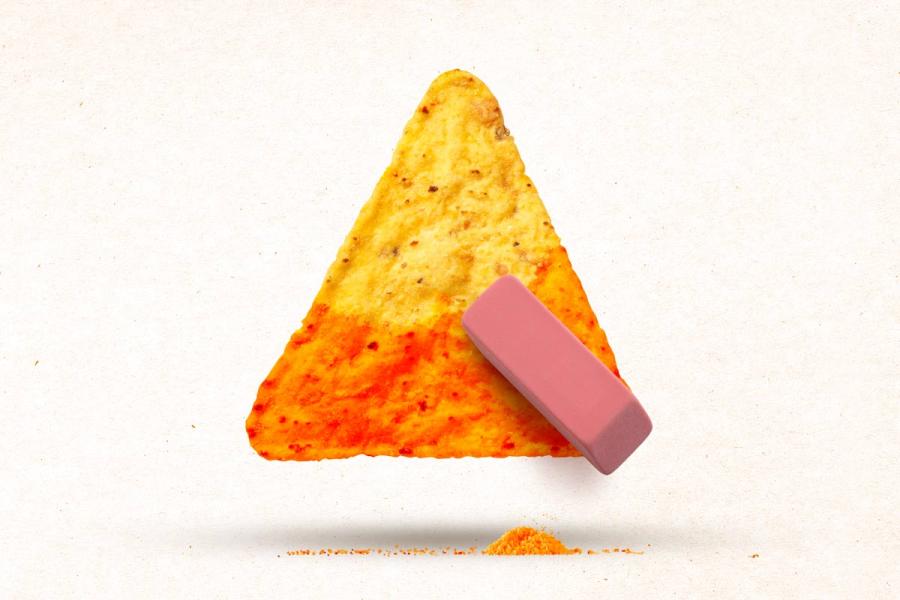Russia expert Paul B. Stephan, a University of Virginia School of Law professor, said it’s important to understand what Moscow really wants from the conflict over Ukraine.
In recent weeks, Russia has been marshaling troops on the border of Ukraine, a former Soviet country, while U.S. and Europeans leaders have attempted to broker peace. Russian President Vladimir Putin has criticized Ukraine’s aspirations to join NATO and denounced what he described as the nation’s pro-Western stance. On Monday, Putin said he would recognize the independence of Russian separatist regions in Eastern Ukraine and ordered forces to the area, further ramping up tensions.
Stephan’s expertise in the region ranges from a stint as a CIA analyst, to teaching Soviet law, to helping Russia design its tax system after the Cold War ended. A frequent expert witness in international arbitration cases involving Russia, Stephan discussed what could lie ahead in the coming days and the long-term outlook for U.S. relations with Russia, and how his new book explains the failure of international institutions to contain such threats.
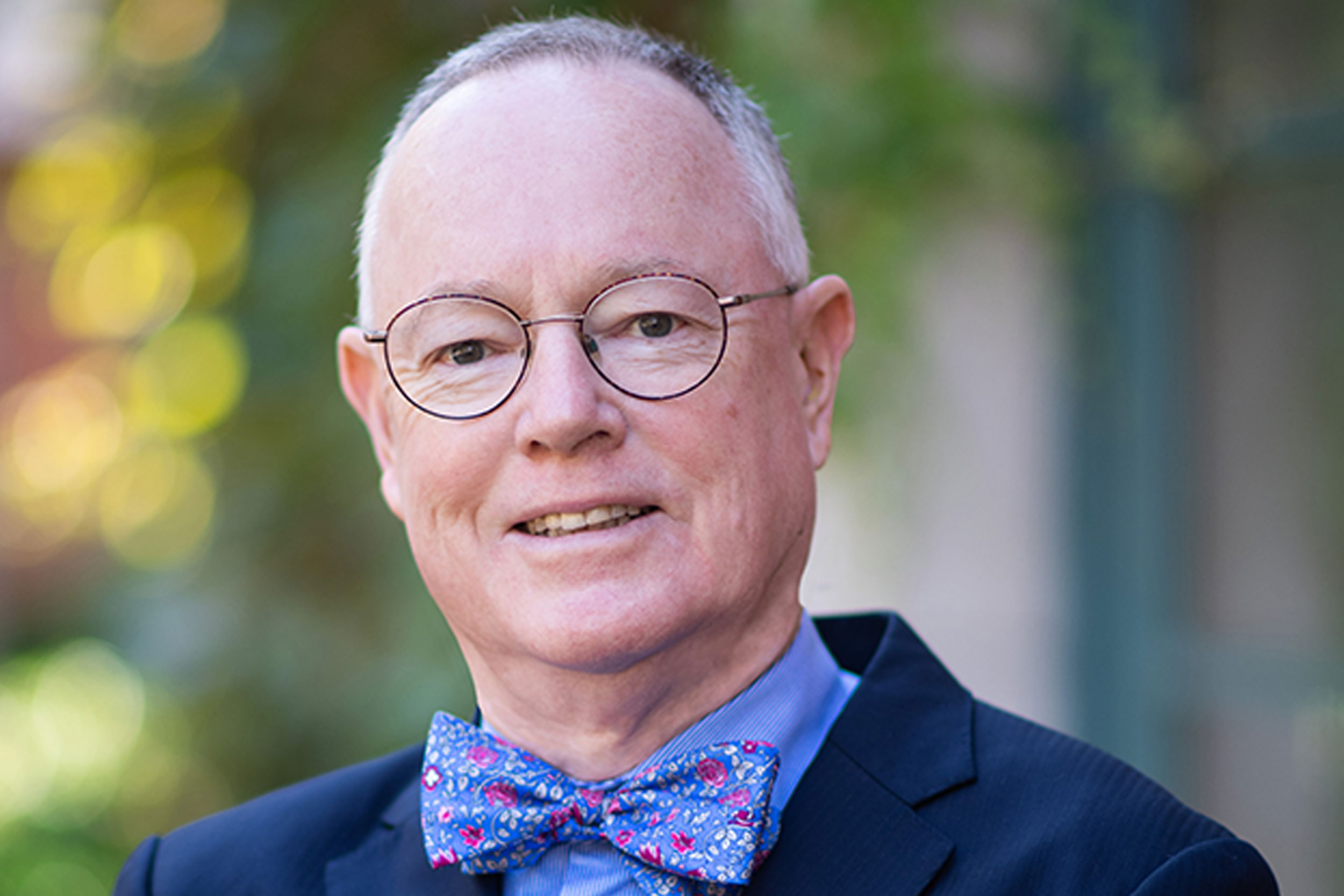
Paul B. Stephan is the John C. Jeffries Jr. Distinguished Professor of Law and David H. Ibbeken Research Professor of Law. (Photo by Jesús Pino)
Q. Can we avoid a full-on invasion at this point?
A. I think one has to define “invasion” carefully. If we mean it in the narrow technical sense of a breach of the borders of Ukraine that we recognize using armed force, it appears a breach has already happened. But if you think of invasion as a full-scale conquest of the entire country and occupation, I would be surprised if that happens. It’s not impossible, no one is in control of events, but I’d still be surprised.
The model I have in mind is Georgia in 2008, where the Russian response to what they regarded as a Georgian provocation was to send troops into Georgia without doing a huge amount of destruction or slaughter, making it clear that they were in a position to conquer the capital, Tbilisi, without any greater effort, and then withdraw. They made the point they could do it, and that was the point they were trying to make. I’m not saying that this current episode is going to follow the same script, but I wouldn’t be surprised if it did.
Q. What does Putin’s recognition of the separatist regions of Ukraine mean for the region and possible conflict?
A. I think the Georgian model applies. Russia, as well as its allies such as Nicaragua, Syria and Venezuela, recognize Abkhazia and South Ossetia as independent states, rather than as components of the Georgian Republic, as they were at the time of Georgian independence. Russia has not annexed them, but rather uses their unsettled status as an instrument for disrupting and pressuring Georgia. The move also is a provocation to Europe and United States, in effect a dare that the West do something in response.
Q. What legal tools do countries have at their disposal to keep Russia in check? Or are we beyond that?
A. It depends on what you mean by “in check.” We’ve already established in 2014 with Crimea that the existing legal structures cannot deter or even significantly punish Russia if it chooses to annex territory in this region. So if we see something that looks kind of like what happened in Crimea – that’s to say, the two parts of Eastern Ukraine that are currently in contestation, if they are formally declared as independent states the way Abkhazia in Georgia is treated by Russia as an independent state – there’s not a whole lot anyone can do about that.
The people in the press who are very worked up about Russia’s behavior complained that we haven’t done more, and the really harsh sanctions that they want us to impose – cutting Russia off from the clearinghouse for bank deposits, for example, extending sanctions to anyone related to the people who are already targeted, their companies, their family, things like that – the same people say we should have done that back in 2014. So it’s not clear to me that we have a lot more left in our sanctions arsenal.
We could try to get our colleagues in Europe and other like-minded countries to promise to stop buying Russian oil and gas, but I’m deeply skeptical that our allies would agree to that. And indeed, I think the defection from that by our allies – starting with Germany, but other countries as well; Italy has already announced it could not comply with that kind of sanction – that would just do more damage to us than not imposing the sanctions at all. It would just expose what the limits are on our cooperation with Europe.
[Editor’s note: Tuesday afternoon, after this interview was conducted, President Biden announced a new round of economic sanctions, including on bank transactions and on the financial dealings of Russian elites and their families.]
Q. What does Russia really want?
A. I think Moscow’s more basic concern with Kyiv is that for the lion’s share of the period of Ukrainian independence – since 1991 – the existing regime in Kyiv has seen as its primary objective to make sure Moscow is happy and not to seem at all threatening to Russian interests. That changed only in 2014 and under circumstances where Russia perceived inappropriate meddling by the United States and Europe in Ukrainian domestic affairs.
That is the starting point for anything that happens after that. Moscow wants to restore that status quo ante 2014, and to the extent possible, they want the Ukrainians to do that on their own. They don’t want to impose a regime by conquest. They want to persuade the Ukrainians that they really have no choice in the matter.



